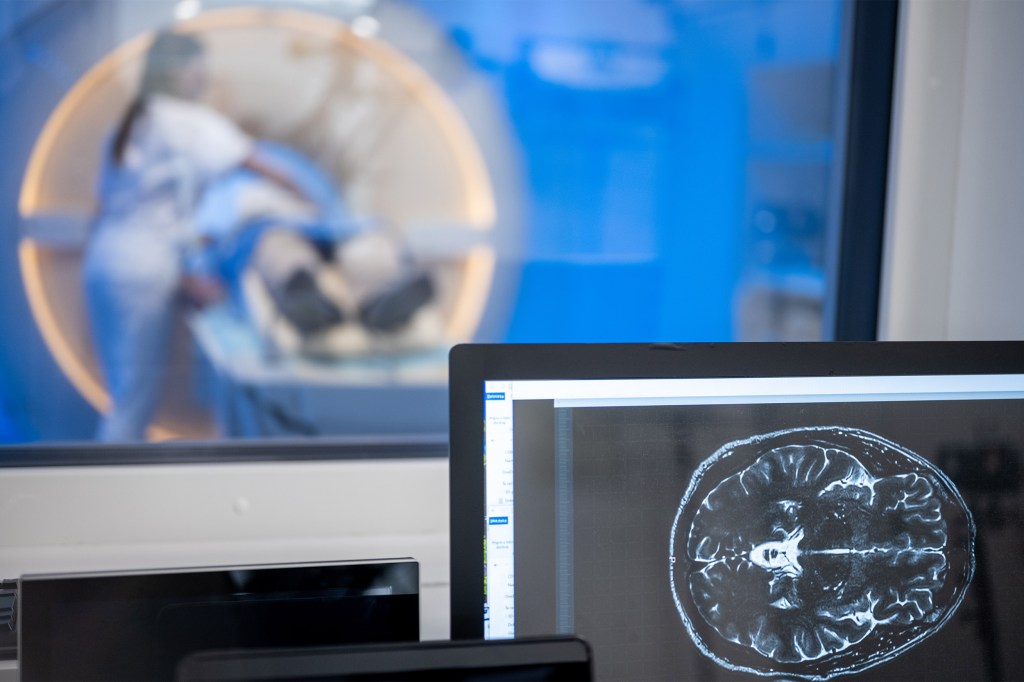Health
-

6 keys to a long, healthy life (ice cream included)
Also, why reading Ben Franklin beats climbing Mount Everest
-

Six cancers rising faster in younger adults than older ones
Large new global study fuels growing concern over trend of increases in several types

-

What’s next for GLP-1s?
Scientists eye new treatment targets for popular weight-loss drugs, from heart failure to addiction
-

Pricey blockbuster GLP-1s are costing users — and most of the rest of us, too
Health insurers are passing along cost for coverage in form of higher rates across the board, policy researcher says
-

Drinking 2-3 cups of coffee a day tied to lower dementia risk
Caffeinated tea also found to slow cognitive decline in study

-

New AI tool predicts brain age, dementia risk, cancer survival
Unlike other AI models, BrainIAC needs limited data to ID key neurological health indicators

-
Cutting through the fog of long COVID
Researchers say new AI tool sharpens diagnostic process, may help identify more people needing care

-
Warning for younger women: Be vigilant on breast cancer risk
Pathologist explains the latest report from the American Cancer Society
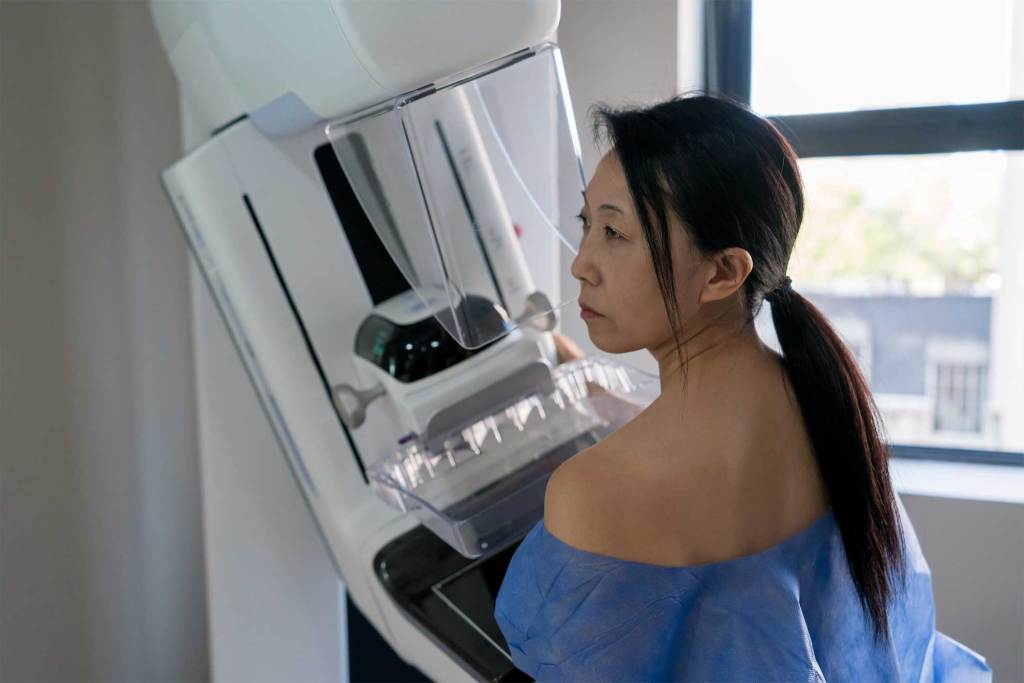
-
Study shows vitamin D doesn’t cut cardiac risk
Outdoor physical activity may be a better target for preventive intervention, says researcher

-
Weight-loss surgery down 25 percent as anti-obesity drug use soars
Study authors call for more research examining how trend affects long-term patient outcomes
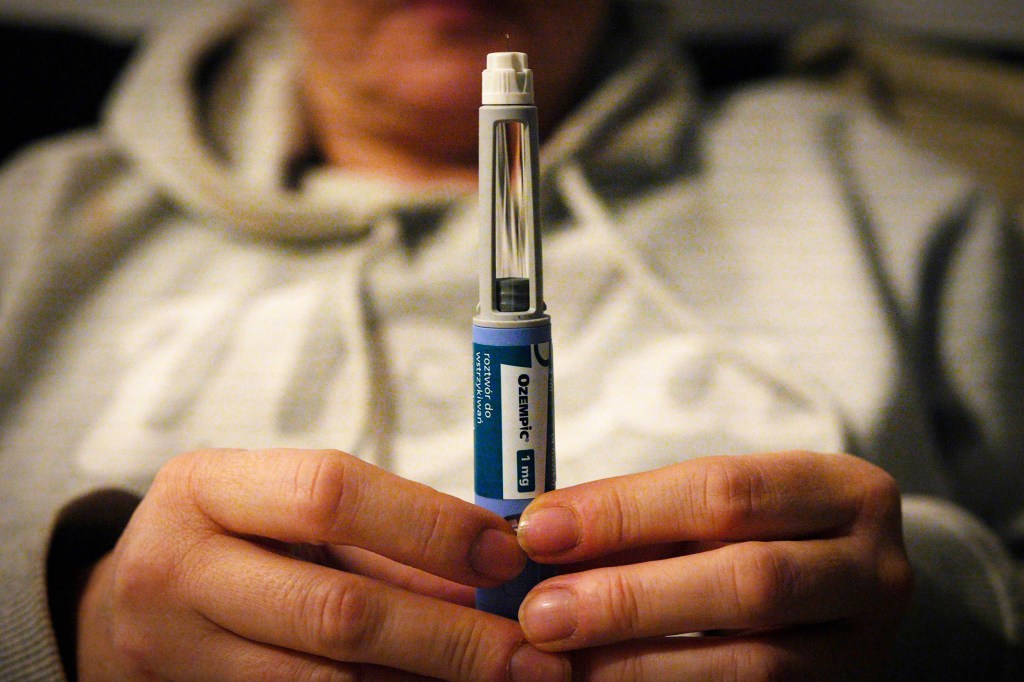
-
How to fight depression? Faster.
Hope flags when medications fail, isolating and endangering patients. Backed by a major grant, 2 Harvard scientists are focused on reducing the distance between diagnosis and recovery.
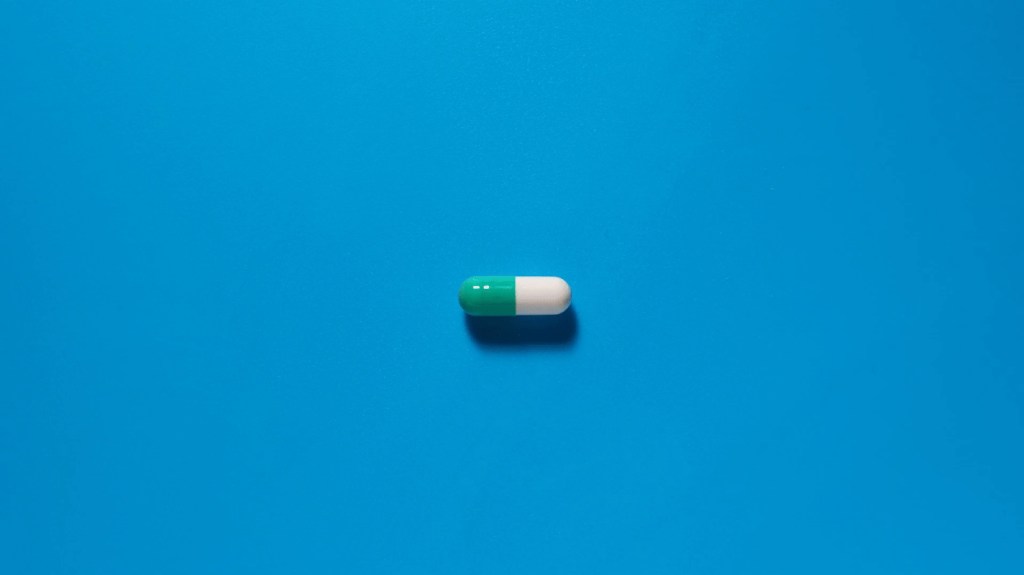
-
Plastics are everywhere, even in our bodies
We ingest equivalent of credit card per week — how worried should we be? In ‘Harvard Thinking,’ experts discuss how to minimize exposure, possible solutions.
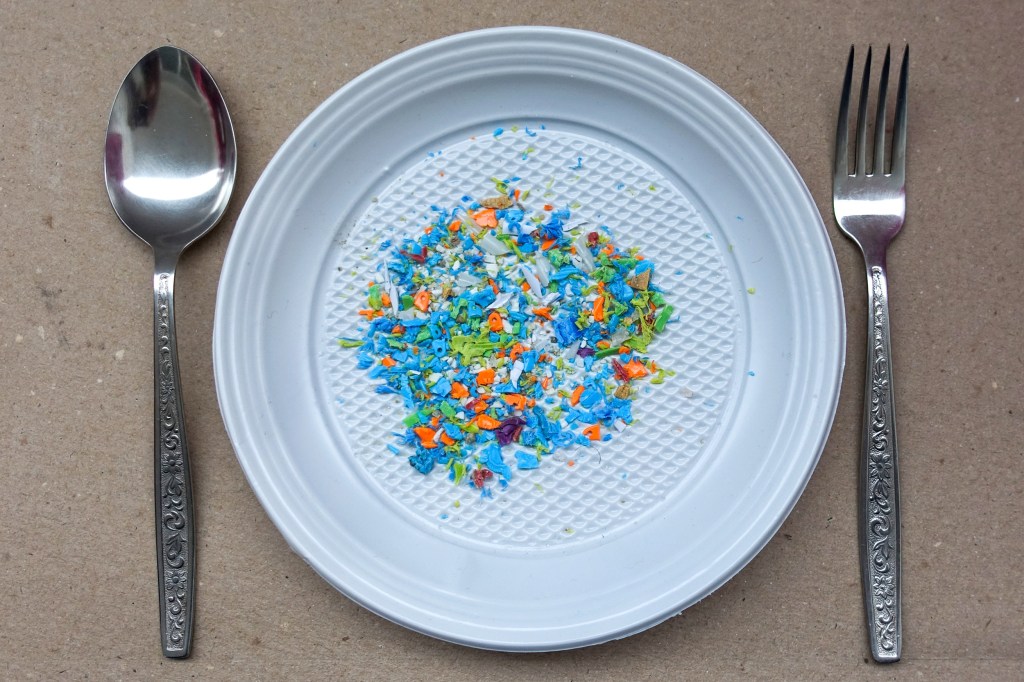
-
Threat of mosquito-borne diseases rises in U.S. with global temperature
Experts fear more cases of West Nile virus, EEE (and possibly Zika, Dengue fever) as warm seasons get longer, wetter
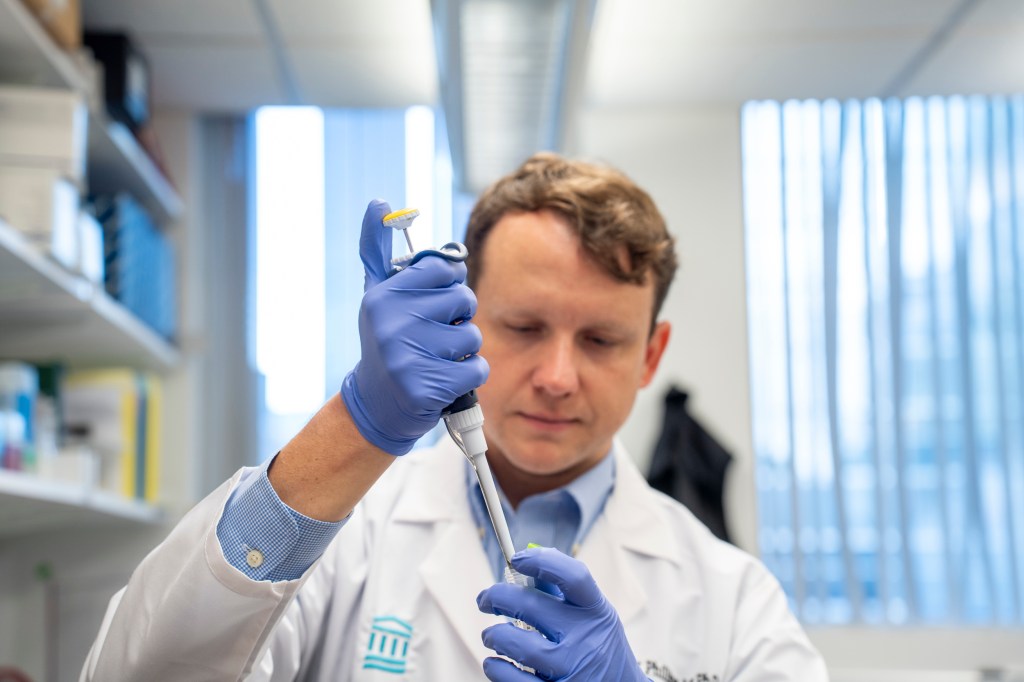
-
Seem like peanut allergies were once rare and now everyone has them?
Surgeon, professor Marty Makary examines damage wrought when medicine closes ranks around inaccurate dogma

-
3 million Americans have dental implants — but procedure wasn’t always ‘routine’
Surgeon recounts changes in field over 40-year career — from titanium screws to bone regeneration — as he accepts Goldhaber Award
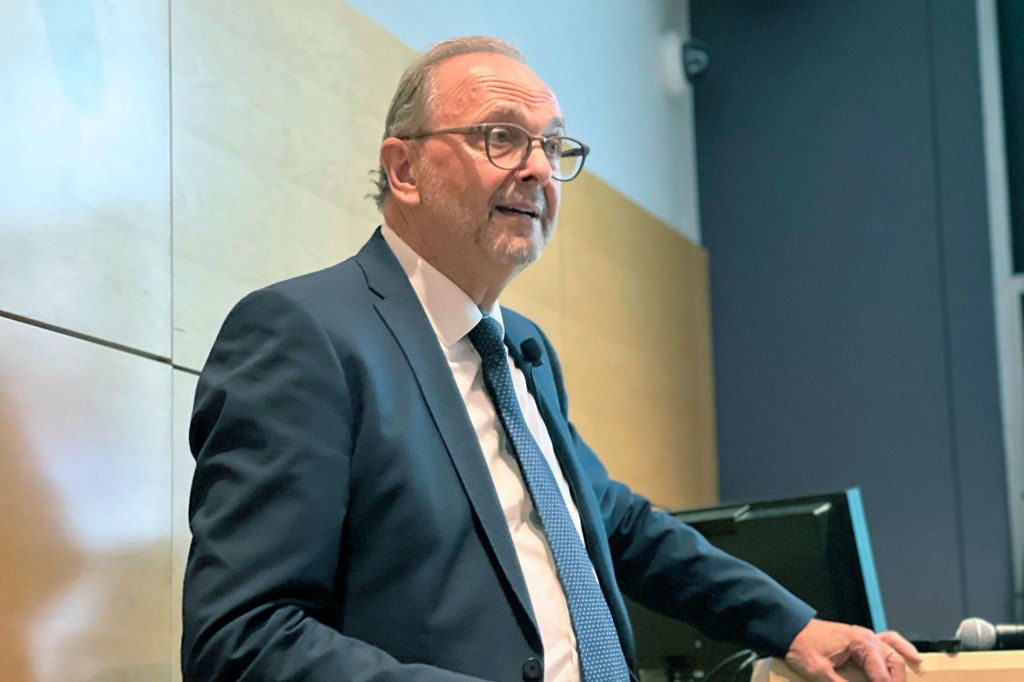
-
Getting to the bottom of long COVID
A reservoir of virus in the body may explain why some people experience long COVID symptoms
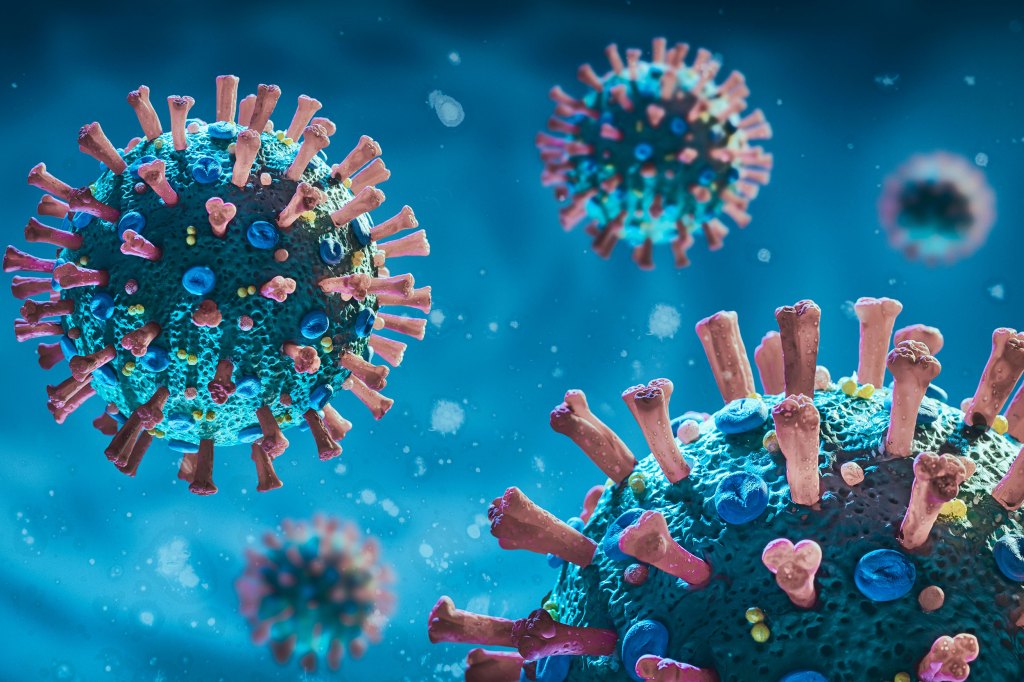
-
‘Heartbreaking’ encounter inspired long view on alcohol
One encounter changed everything for researcher who hopes to help mothers and families detect and treat the effects of dangerous drinking

-
Falls put older adults at increased risk of Alzheimer’s
Researchers found dementia more frequently diagnosed within one year of a fall, compared to other types of injuries
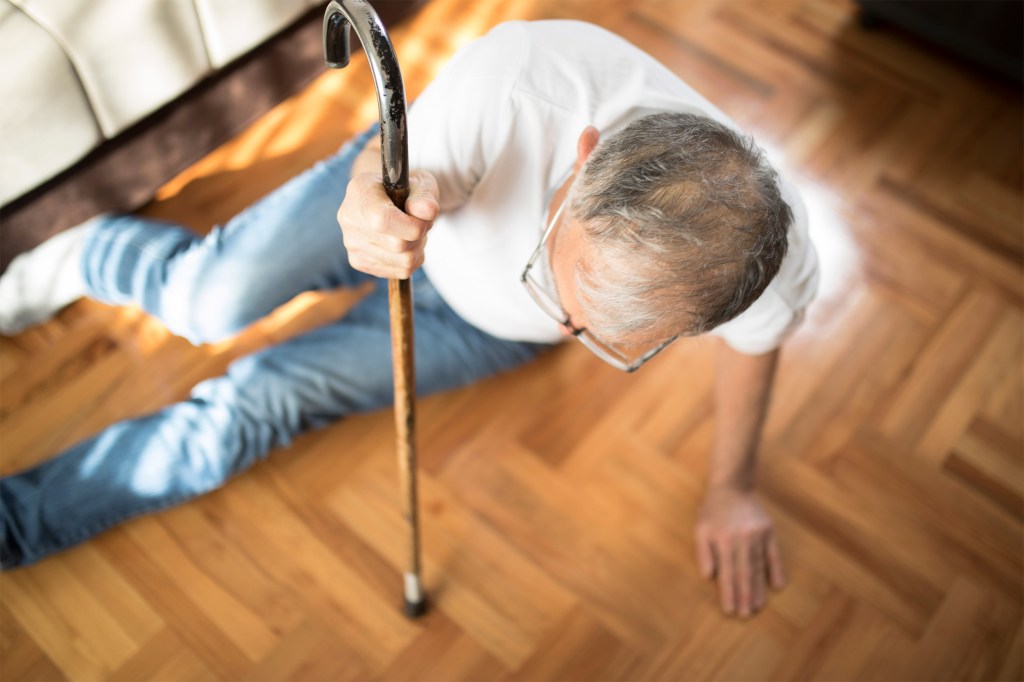
-
‘Weekend warriors’ can cut risk of 264 diseases
Concentrated routines just as effective as regular weekly exercise in protecting against heart, digestive conditions as well as neurological illnesses

-
Drug-free nasal spray blocks, neutralizes viruses, bacteria
In preclinical studies, spray offered nearly 100% protection from respiratory infections by COVID-19, influenza, viruses, and pneumonia-causing bacteria

-
Using AI to repurpose existing drugs for treatment of rare diseases
Identifies possible therapies for thousands of diseases, including ones with no current treatments

-
Suicide among female doctors gets a closer look
Epidemiologist discusses research, shrinking gap between rates of male, female physicians, what can be done

-
To assess a smoker’s lung cancer risk, think years — not packs
Far more cases get caught when screening guidelines consider duration of habit regardless of intensity, study finds — especially among Black patients

-
Eat this. Take that. Get skinny. Trust us.
Popularity of newest diet drugs fuel ‘dumpster fire’ of risky knock-offs, questionable supplements, food products, experts warn

-
High doses of Adderall may increase psychosis risk
Among those who take prescription amphetamines, 81% of cases of psychosis or mania could have been eliminated if they were not on the high dose, findings suggest

-
Breakthrough technique may help speed understanding, treatment of MD, ALS
3D organoid system can generate millions of adult skeletal-muscle stem cells
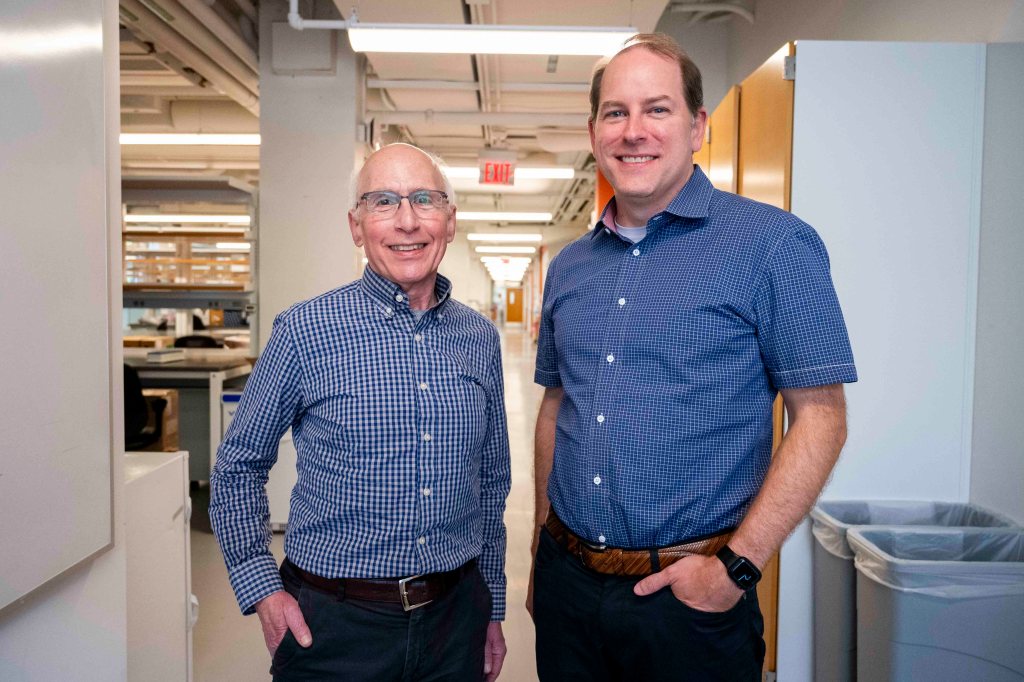
-
Soda is bad for you yet your body wants it. Why?
Psychiatrist explains why we crave junk food — and how to cultivate healthier eating habits

-
Parkinson’s may take a ‘gut-first’ path
Damage to upper GI lining linked to future risk of Parkinson’s disease, says new study
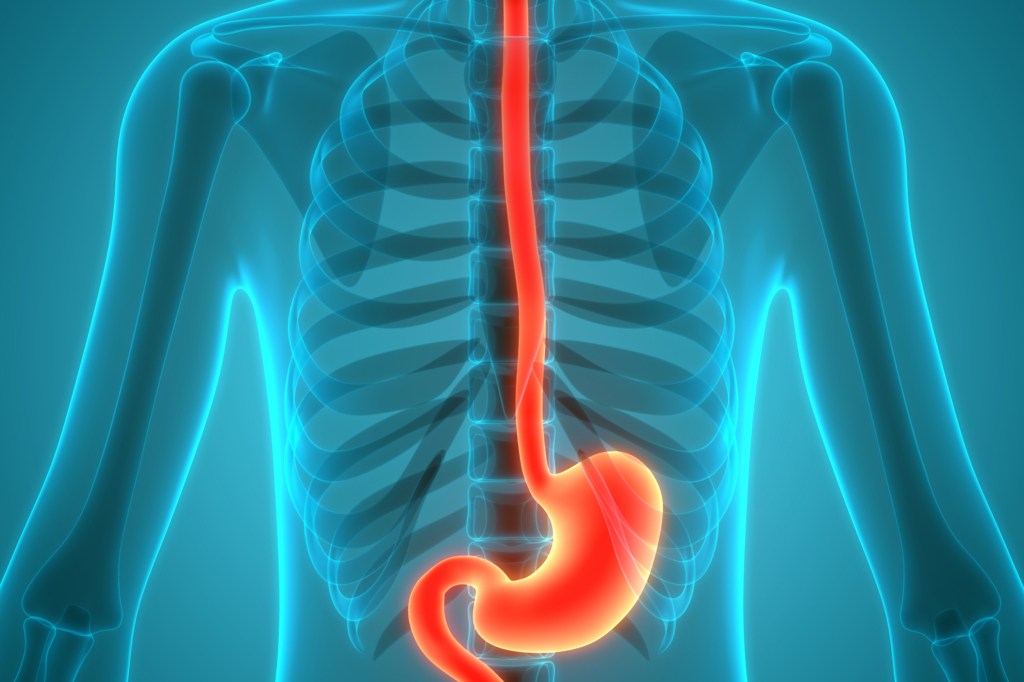
-
New AI tool can diagnose cancer, guide treatment, predict patient survival
Model uses features of a tumor’s microenvironment across 19 different cancer types
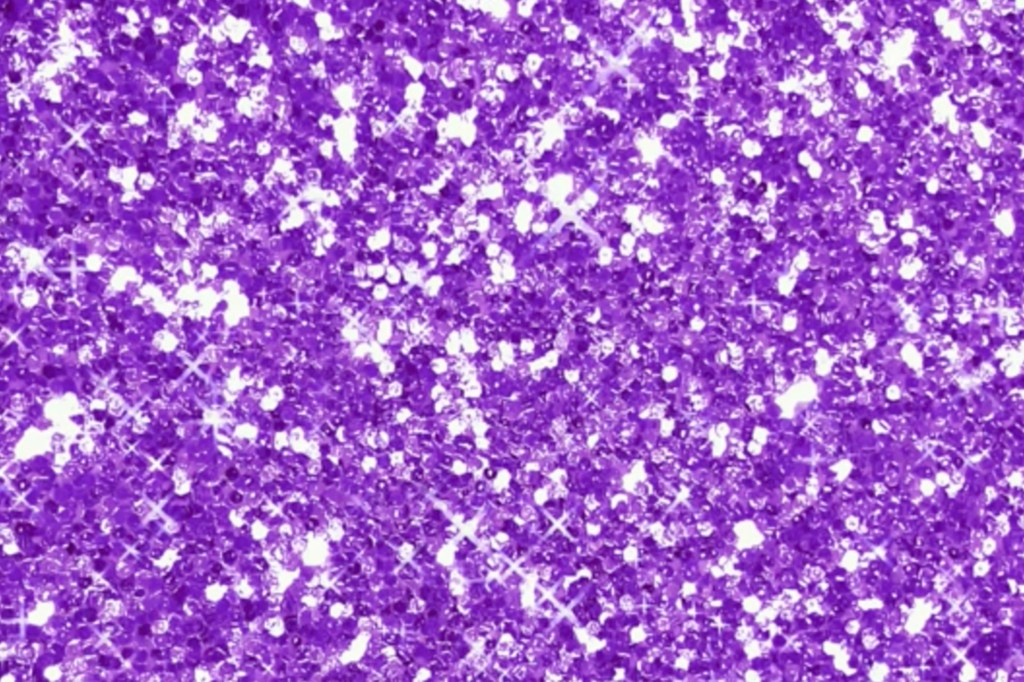
-
Blood test can warn women of risk decades before heart attack, stroke
Findings support universal screening of three biomarkers, not just cholesterol
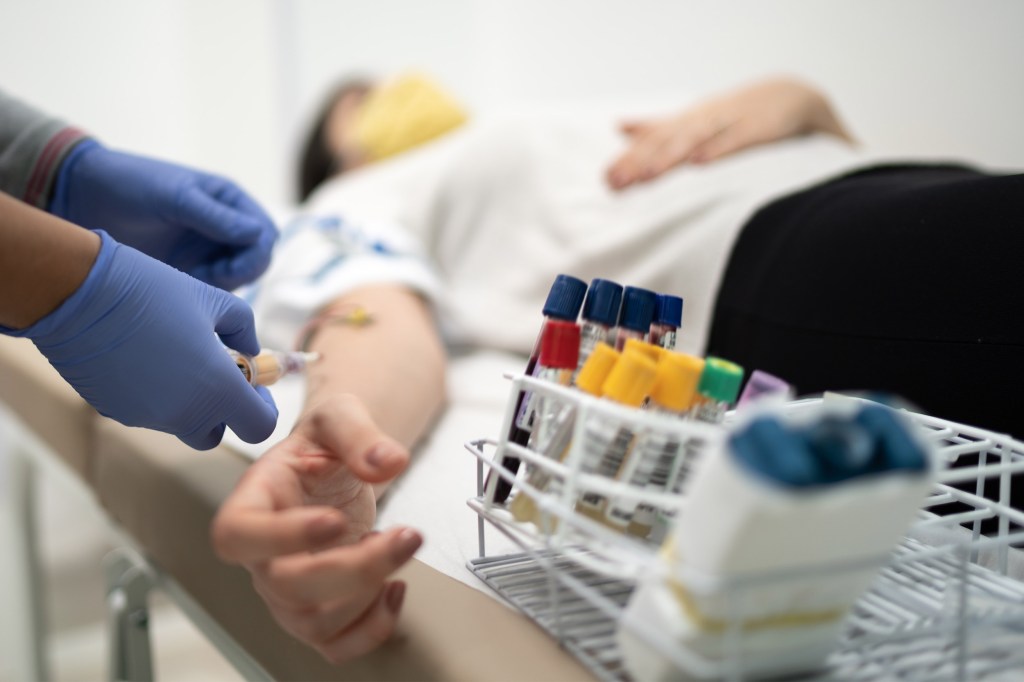
-
Weight-loss drug linked to fewer COVID deaths
Large-scale study finds Wegovy reduces risk of heart attack, stroke

-
Billions worldwide deficient in essential micronutrients
Inadequate levels carry risk of adverse pregnancy outcomes, blindness
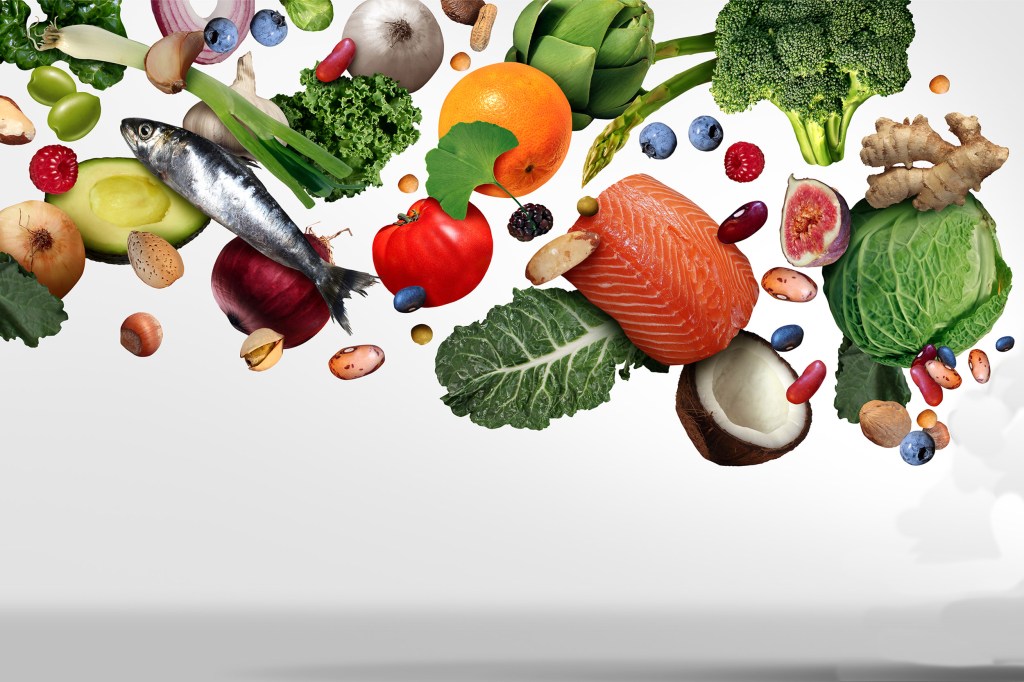
-
Smokers are less likely to develop Parkinson’s. Why?
Researchers test theory explaining medical mystery and identify potential new treatment

-
Alzheimer’s drug may save lives through ‘suspended animation’
Could buy patients more time to survive critical injuries and diseases, even when disaster strikes far from a hospital

-
Implantable device responds to opioid overdose
Without assistance, it allows for precise administration of naloxone at the moment it is needed

-
Study detects ‘hidden consciousness’ in brain injury patients
25% of participants with severe brain injury followed instructions covertly
